The scientific direction of the department is GNTP-11 "Public health protection through the improvement and creation of new methods and technologies in medicine." The scientific activity of the department is Radiation safety, radiation hygiene, food safety, hygiene of food production, nutrition rationing, dietetics and therapeutic and preventive nutrition.
To conduct practical exercises in the educational process, the following training bases are involved: the Republican CSSEN of the Ministry of Health of the Republic of Uzbekistan, the CSSEN of Tashkent, the Tashkent regional CSSEN, the CSSES of the KAZHK "Uzbekiston Temir Yullari", the UZSTANDART Agency, the Republican Diagnostic Center, specialized training bases of the Ministry of Defense, the Ministry of Emergency Situations, Republican, urban oncological centers, etc.
The name of the department has changed over the years depending on the requirements of the time, so from 1963 to 2002 – the Department of General Hygiene, from 2002 to 2004 – the Department of General Hygiene with Microbiology, since 2004 – Hygiene and Radiation Safety.
The department has developed and patented fundamentally new training programs for 504, 288, 144 and 72 hours in each area of preventive medicine programs for training, retraining and advanced training of specialists in this field, the department has organized a Center for training specialists in radiation safety, which was supported by the Resolution of the CM of the Republic of Uzbekistan No. 231. Distance learning has been introduced.
Rich, almost 61 years of experience allows to improve the qualifications of specialists in the medical and preventive profile (doctors, medical physicists, engineers, nurses, etc.). With extensive experience in teaching and research, the staff of the department is well-versed in the world of medical information, selecting the most useful and necessary for domestic doctors. Employees clearly understand that international experience is an undeniable advantage in training modern specialists, so all innovative findings are actively introduced into the educational process or work practice. Moreover, cadets are trained not only to apply new technologies and methods, but also to be able to correctly analyze the development of medicine, to give a comprehensive assessment of the health status of the population.
Over the past 5 years, 3,000 doctors of various specialties have been trained at the department. More than 800 doctors of the republic have improved their qualifications and changed their specialization.
The staff of the department organically combines practical and theoretical activities with scientific ones. The main areas of research are devoted to aspects of optimization of environmental and socio–hygienic factors of production and the environment, as well as problems of radiation safety in various branches of science and technology in the Republic of Uzbekistan. The results of the study are immediately reflected in the educational process and practical activities of the republic's hygienists, in publications of domestic and foreign periodicals, and are the basis for the protection of scientific degrees. 4 doctors of sciences and 14 candidates of medical sciences took place at the department.
The main task of the department is to provide preventive medicine specialists with all new methods and technologies emerging in world hygiene practice.
Since 2006, the department has been operating a radiological laboratory. On 30.08.2021, the radiological laboratory was accredited by the state unitary enterprise "Accreditation Center" until 02/24/2025. The scope of accreditation also includes the transfer of X-ray devices with high-quality indicators.
The laboratory has been renovated and equipped in accordance with the current requirements for sanitary, hygienic and radiological research. The task of the radiological laboratory was to conduct spectrometric studies of building materials, food, mineral fertilizers, etc., conduct research and carry out qualitative measurements of X-ray devices.
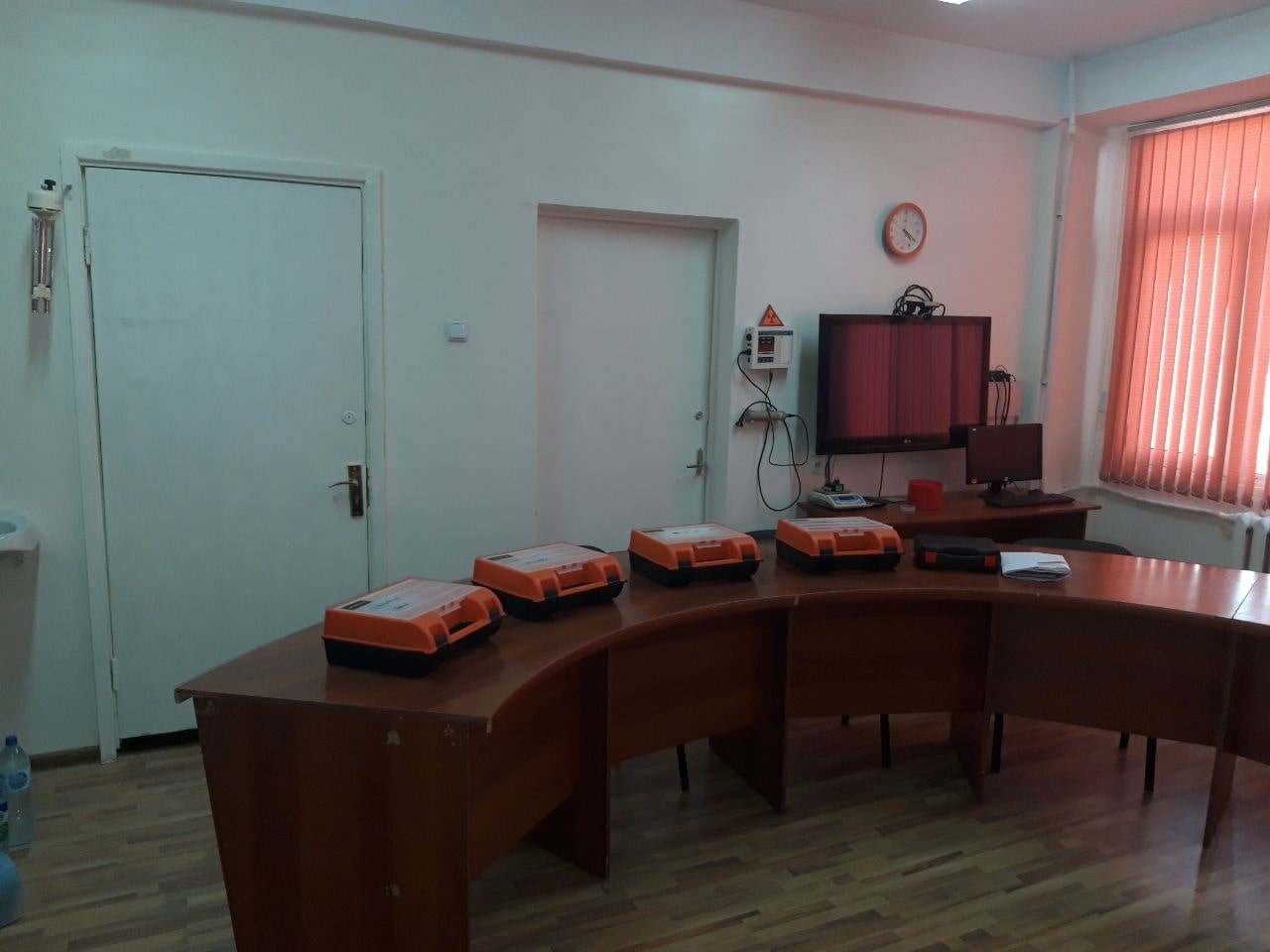
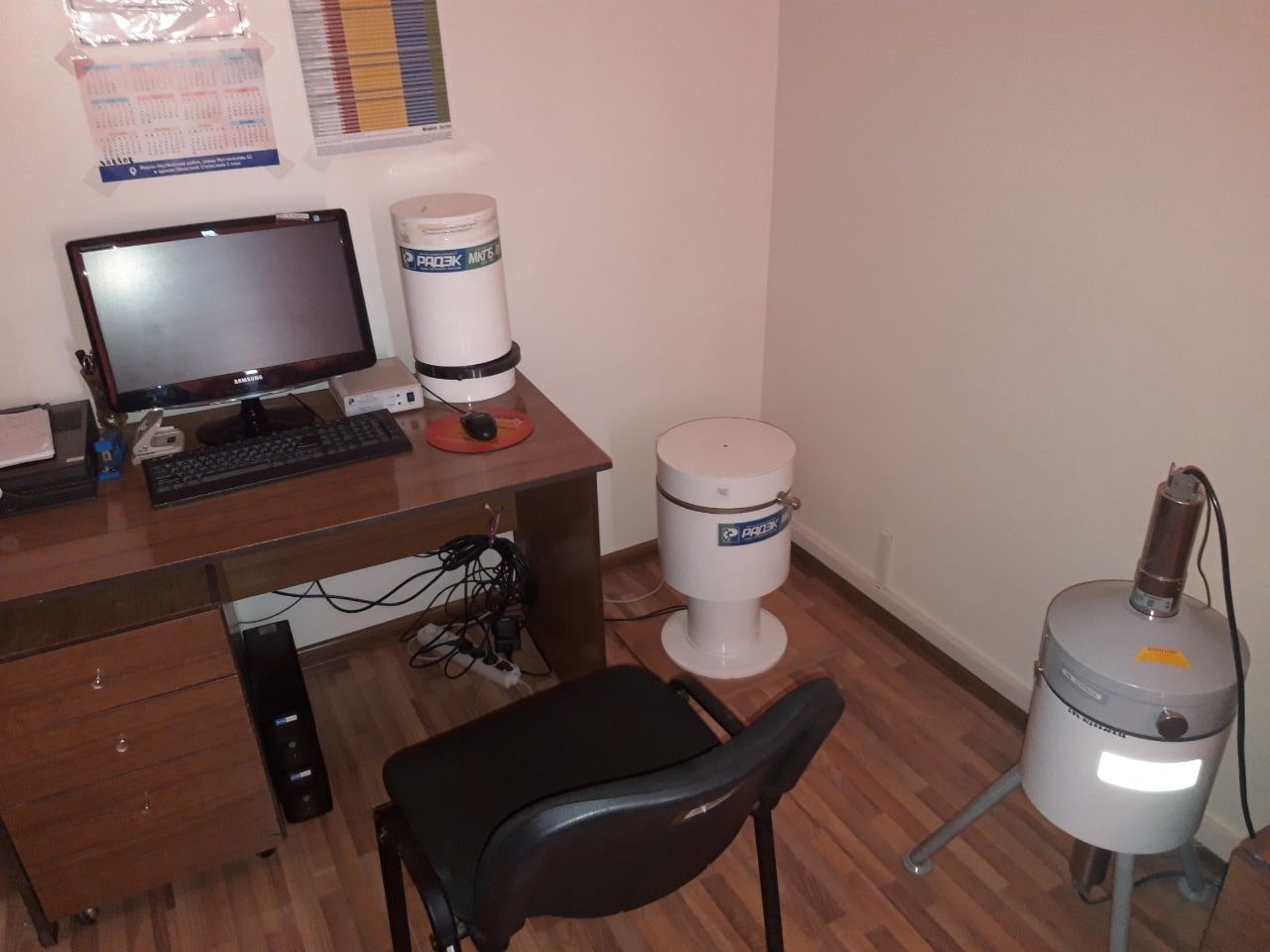
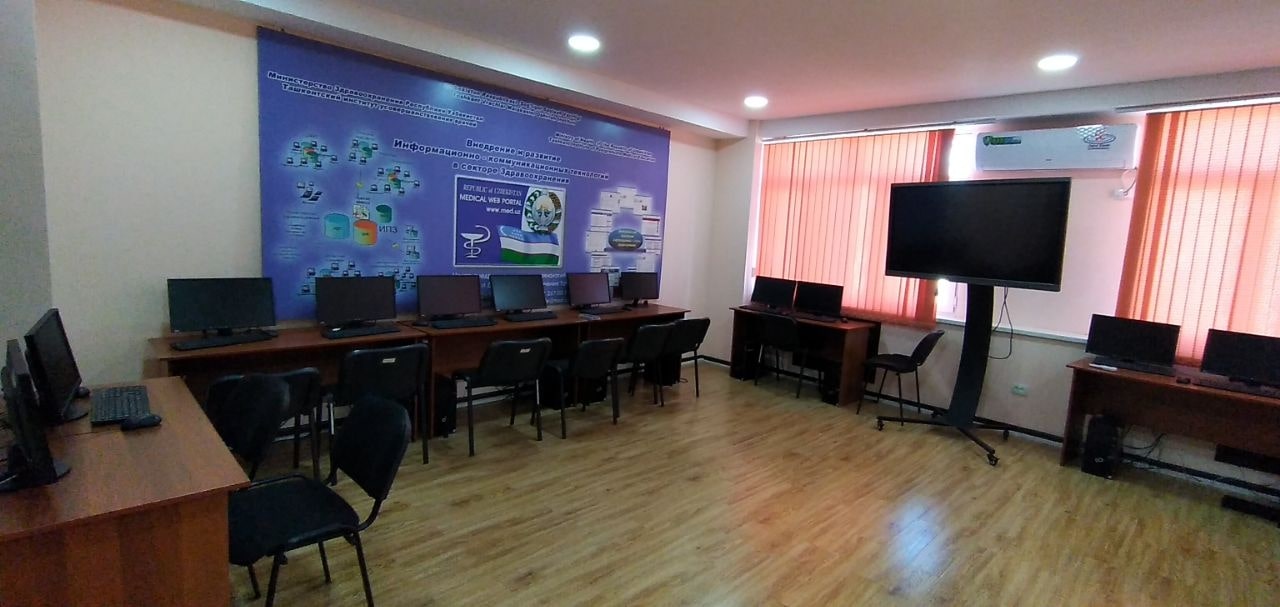
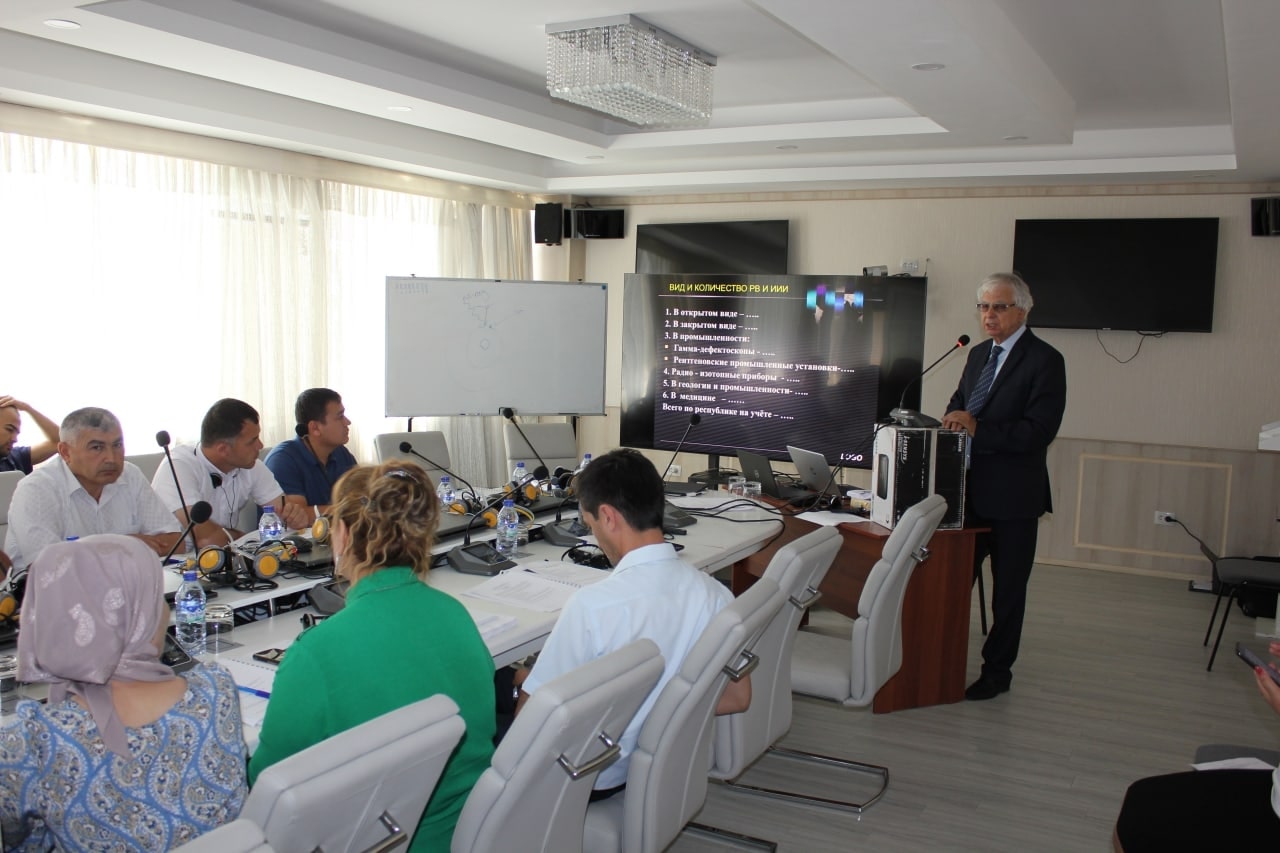
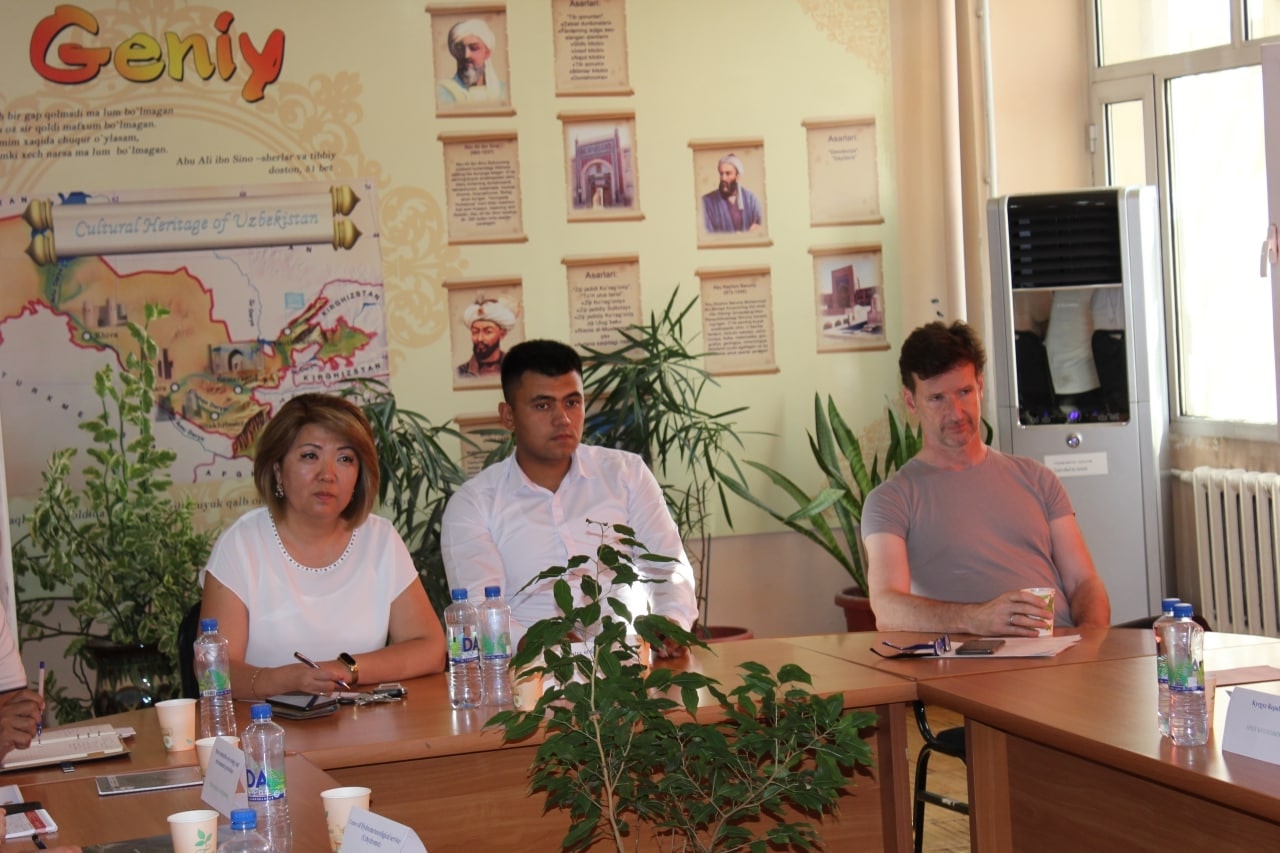
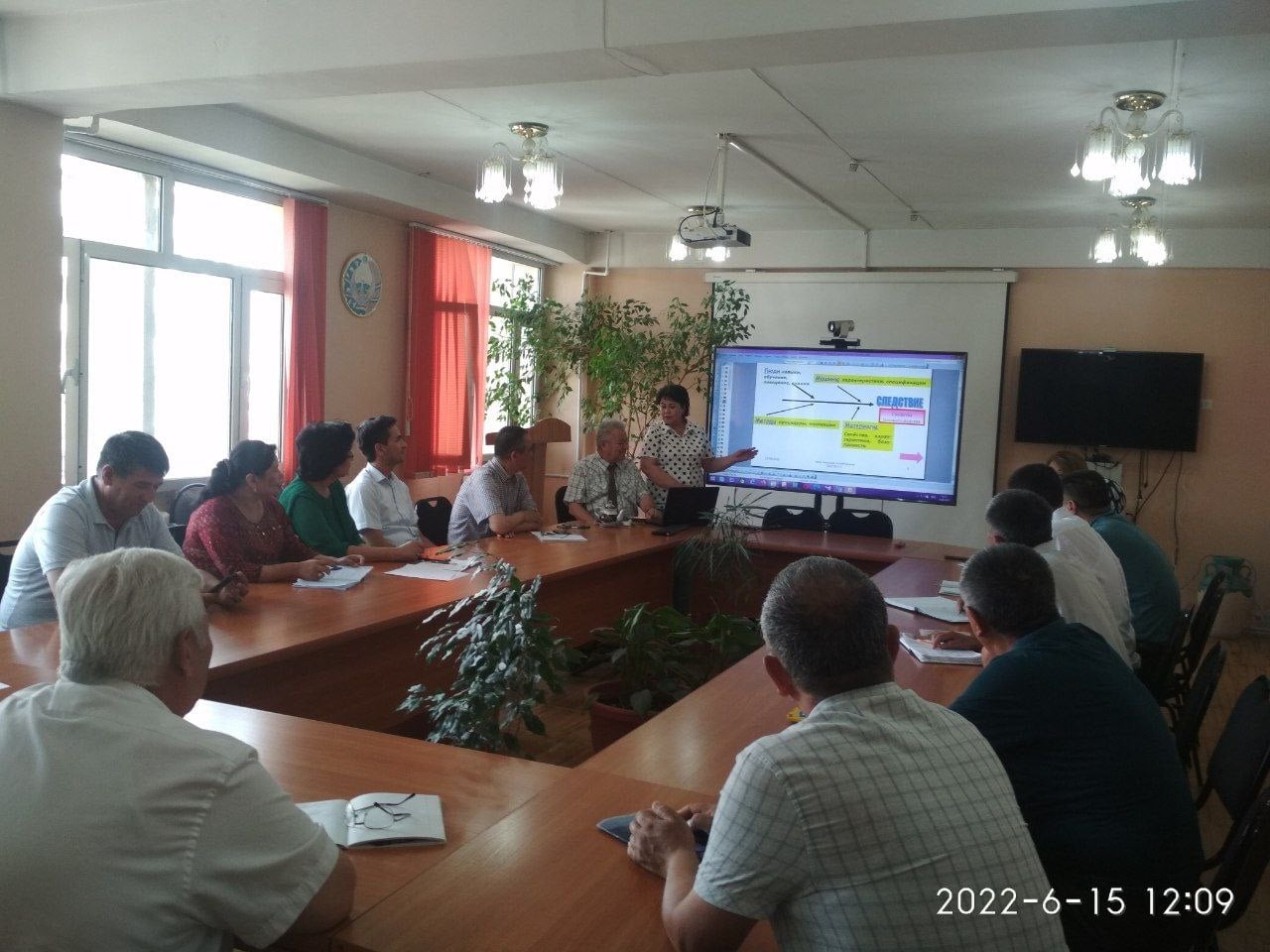
The department cooperates with foreign research, educational, and medical organizations.
1. Radio Engineering reference Laboratory in Budapest (Hungary). The purpose of the collaboration is Alpha spectrometry of the external environment. The objectives of the collaboration are to increase theoretical knowledge and practical skills in radiological laboratory research.
2. The International Scientific and Technical Center in Nursultan, Kazakhstan. The goal of cooperation is Central Asia, XBRYA. The objectives of the cooperation are to prepare and respond to health threats during mass events in Central Asia.
3. Pacific Northwest National Laboratory of the U.S. Department of Energy. The aim of the cooperation is to prevent the proliferation of nuclear materials and technologies in the countries of Central Asia. The objectives of the cooperation are the physical protection of radioactive sources and the application of adequate physical protection measures necessary throughout the entire life cycle.
4. IAEA (Vienna, Austria). The purpose of cooperation is to maintain international peace and security and achieve Sustainable Development Goals. The objectives of the cooperation are scientific and technical cooperation in the field of construction of nuclear power plants in Uzbekistan, ensuring radiation safety at radiation-hazardous facilities.
5. JST. The purpose of the cooperation is to assist countries in maintaining and strengthening public health. The objectives of the cooperation are to assist in the development of regulatory documents on the chemical safety of drilling rigs.
6. Representative office of the German Society for International Cooperation (GIZ) in Uzbekistan. The purpose of the cooperation is to provide radiology departments in Uzbekistan with qualified medical specialists. The objectives of the cooperation are the training and retraining of radiologists, medical physicists, and nurses.
7. NAO "Astana Medical University". The purpose of the cooperation is to provide radiology departments in Uzbekistan with qualified medical specialists. The objectives of the cooperation are the exchange of experience of scientists and teachers, cooperation in the field of scientific research, conducting scientific practices, etc.

